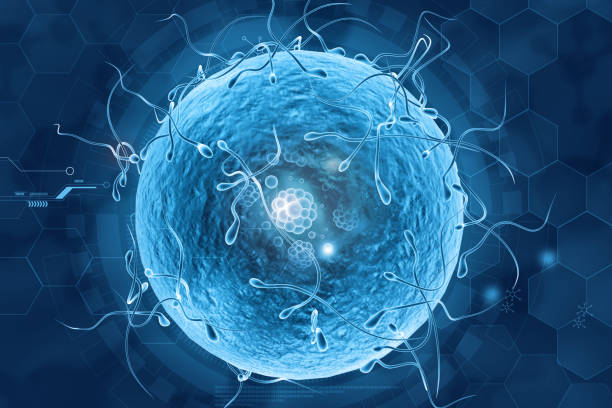In vitro fertilization (IVF) stands as a pioneering solution for individuals and couples facing challenges on their journey to parenthood. This article explores the intricate world of IVF, delving into the scientific processes, the motivations prompting its pursuit, and the ethical considerations that accompany this transformative reproductive technology.
Understanding the Science of IVF:
In vitro fertilization, commonly known as IVF, involves the fertilization of an egg by sperm outside the human body, in a laboratory setting. The process begins with ovarian stimulation, where fertility medications are administered to stimulate the ovaries, leading to the production of multiple eggs. Once mature, these eggs are retrieved through a minor surgical procedure. In the laboratory, the retrieved eggs are then fertilized with sperm, resulting in the formation of embryos. The healthiest embryos are carefully selected and transferred into the uterus, aiming to establish a successful pregnancy.
The IVF Process:
- Ovarian Stimulation:
Fertility medications stimulate the ovaries to produce multiple eggs, optimizing the chances of successful fertilization. - Egg Retrieval:
Mature eggs are delicately retrieved through a minor surgical procedure, typically performed under sedation or anesthesia. - Fertilization in the Laboratory:
In a controlled environment, retrieved eggs are fertilized with sperm. The resulting embryos are monitored for their development and viability. - Embryo Selection:
The embryologist selects the healthiest embryos based on their developmental potential for transfer into the uterus. - Embryo Transfer:
The selected embryos are transferred into the uterus, with the goal of achieving a successful pregnancy. This step typically occurs 3 to 5 days after fertilization.
Motivations Behind Pursuing IVF:
- Female Infertility:
IVF is often recommended for women with conditions such as blocked fallopian tubes, endometriosis, or ovulatory disorders. - Male Factor Infertility:
Couples facing male factor infertility, including issues like low sperm count or motility, may opt for IVF with intracytoplasmic sperm injection (ICSI). - Unexplained Infertility:
When the cause of infertility remains unclear, IVF provides a comprehensive approach to conception, overcoming potential barriers.
Ethical Considerations:
- Selective Reduction and Multiple Pregnancies:
The possibility of multiple pregnancies in IVF raises ethical considerations. Healthcare professionals often limit the number of embryos transferred to reduce the risk, leading to discussions about selective reduction if multiple embryos implant. - Disposition of Unused Embryos:
Deciding what to do with unused embryos raises ethical considerations, including options like donation, research, or responsible disposal. - Informed Consent:
Informed consent is a cornerstone of ethical IVF practices, ensuring individuals are fully informed about the procedure, potential risks, success rates, and potential ethical dilemmas before proceeding.
Conclusion:
In vitro fertilization represents a transformative and hopeful solution for those navigating the complexities of fertility challenges. As science continues to advance, and ethical discussions evolve, IVF stands as a symbol of possibility, offering individuals and couples the chance to realize their dream of building a family. By understanding the science, motivations, and ethical considerations surrounding IVF, individuals can embark on this journey with informed decision-making, resilience, and the anticipation of welcoming new life into their homes.

